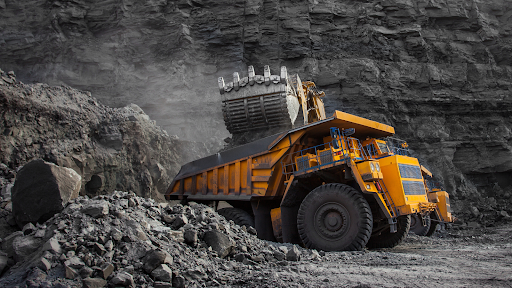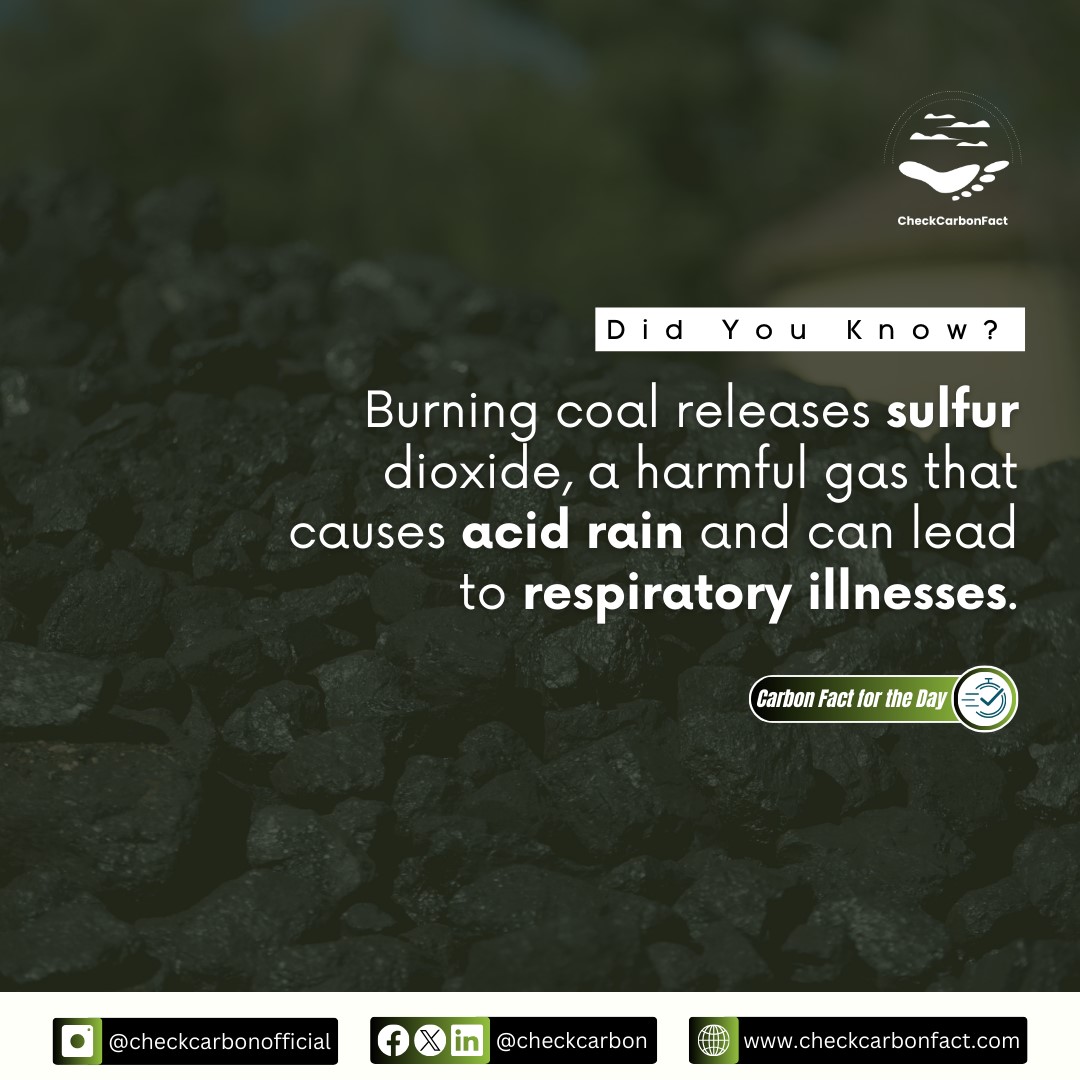
06 Aug West Cumbria coal mine approval: New government considers mine an “error of law”
The approval of the Whitehaven coal mine in West Cumbria by the previous UK Government stirred significant controversy in the country. The decision, originally made in 2022, has now been labelled an “error of law” by the new Labour administration. This declaration follows a supreme court ruling that highlighted similar oversights in another fossil fuel project, an oilfield at Horse Hill in Surrey. The ruling emphasised the necessity of considering the carbon emissions resulting from burning the extracted resources, not just the emissions from the extraction process itself. This oversight in the original approval process has prompted the Labour government to withdraw the government’s defence of the coal mine project, leaving its future in question.
The contentious West Cumbria coal mine, intended to produce coking coal for the steel industry, was approved by Michael Gove, the former Secretary of State for Levelling Up, Housing and Communities. However, environmental campaigners quickly launched a legal challenge, arguing that the approval process failed to account for the significant carbon emissions that would result from burning the coal. As the legal battle was set to be heard in the High Court, the new Deputy Prime Minister, Angela Rayner, announced that the government would not defend the mine’s approval, citing the supreme court’s recent decision on the Horse Hill oilfield as a precedent. This move marks a significant shift in the government’s stance on fossil fuel projects and raises questions about the future of the UK’s energy and environmental policies.
The legal challenge and supreme court ruling
The legal challenge against the West Cumbria coal mine is rooted in the broader debate about how environmental impacts are assessed for fossil fuel projects. Campaigners, including Friends of the Earth and South Lakes Action on Climate Change (SLACC), argue that any assessment must include the carbon emissions from burning the extracted resources. This perspective was reinforced by the supreme court’s ruling on the Horse Hill oilfield, which quashed the project on the grounds that its approval process did not adequately consider these emissions. The court’s decision set a critical legal precedent that directly influenced the new government’s stance on the West Cumbria mine.
The ruling underscored the legal necessity of comprehensive environmental assessments for fossil fuel projects. By failing to consider the full spectrum of emissions, including those resulting from the eventual use of the extracted materials, the original approval process for both the Horse Hill oilfield and the West Cumbria coal mine was deemed legally flawed. This landmark decision has had immediate ramifications, compelling the current government to reassess its position on similar projects and withdraw its defence of the West Cumbria mine’s approval.
Government’s shift in policy
The new government’s decision to acknowledge the “error of law” in the approval of the West Cumbria coal mine represents a significant policy shift. Deputy Prime Minister Angela Rayner has taken a clear stance against defending the mine’s approval, aligning with the broader climate goals that the UK has committed to. This move has been met with mixed reactions. Environmental groups have welcomed it as a necessary step towards more stringent environmental regulations, while some local politicians and industry representatives have criticised it for potentially jeopardising economic opportunities in regions like West Cumbria.
The former Marchon chemical works on the outskirts of Whitehaven: the site in Cumbria where the controversial coking coal mine was going to be based
Source: bbc
This policy shift is indicative of the new government’s commitment to addressing climate change and reducing carbon emissions. By withdrawing its defence of the coal mine’s approval, the government is signalling a willingness to prioritise environmental considerations over short-term economic gains. This decision aligns with the UK’s broader commitments to reduce greenhouse gas emissions and achieve net-zero emissions by 2050. However, it also raises important questions about how the government plans to balance these environmental goals with the need for economic development and job creation in regions that have historically relied on industries like coal mining.
The approval process and controversies
The approval of the West Cumbria coal mine in 2022 by Michael Gove was fraught with controversy from the outset. The proposed mine was intended to dig up coking coal for steel production in the UK and across the world. Proponents argued that the mine would create jobs and reduce the need to import coal, thereby supporting local economies and contributing to national energy security. However, critics highlighted the mine’s potential to undermine the UK’s climate targets and pointed out the declining demand for coking coal.
The fate of the West Cumbria mining project had been uncertain for two years after the local county council initially approved the mine in 2020. The project’s approval was suspended in early 2021 ahead of the COP26 climate conference in Glasgow, following concerns raised by the government’s advisory Climate Change Committee (UKCCC) that the mine would increase carbon emissions. The UKCCC emphasised that 85% of the coal produced by the mine would be exported, further questioning the project’s alignment with national climate goals.
Implications for West Cumbria and the steel industry
The decision to withdraw support for the West Cumbria coal mine has significant implications for the region and the steel industry. The mine was projected to produce 2.78 million tonnes of coking coal annually. It was expected to create 500 direct jobs and up to 1,500 additional jobs in the supply chain. This promised economic boost was a key factor in the original approval.
Supporters argue that the mine would bring substantial economic benefits. It would reduce the UK’s reliance on imported coal, enhancing national energy security. By producing cooking coal domestically, the UK could lower its dependence on imports from countries like the USA and Russia. The coal was intended for use in steel production in the UK and Europe, supporting vital sectors like construction and manufacturing.
However, critics highlight the environmental impact. Coal is the dirtiest of all fossil fuels, producing almost twice the emissions of natural gas. The UK Climate Change Committee (UKCCC) and other groups argue that the mine would significantly increase carbon emissions. This undermines the UK’s climate targets to reduce greenhouse gas emissions by 68% by 2030 and achieve net-zero emissions by 2050.

There is also a declining demand for coal as steel production moves to lower carbon methods. British Steel and Tata, the two major UK steel producers, plan to transition to greener production methods. Experts estimate that by the mid-2030s, these companies will use less than 10% of the mine’s output. This makes the project economically unviable in the long term.
Approving a new coal mine also risks damaging the UK’s reputation as a leader in climate action. Lord Deben, chairman of the UKCCC, described the decision as “absolutely indefensible.” He argued that it would harm the UK’s leadership on climate change.
The potential cancellation of the project poses a substantial economic challenge for West Cumbria. The region has historically depended on industries like coal mining for jobs and stability. The promise of new jobs and investment was a major factor in support for the mine. However, the changing legal and environmental landscape introduces uncertainty. The new government’s focus on a “clean, green, and affordable future” suggests opportunities for investment in renewable energy and sustainable industries. This could provide long-term economic benefits for the region.
Future of fossil fuel projects in the UK
The West Cumbria coal mine controversy is emblematic of the broader challenges facing fossil fuel projects in the UK. As the country strives to meet its climate commitments, development of new fossil fuel projects are likely to face increased scrutiny.
The future of fossil fuel projects in the UK is increasingly uncertain as the government and judiciary place greater emphasis on environmental considerations. The supreme court ruling on the Horse Hill oilfield and the subsequent withdrawal of support for the West Cumbria coal mine set important precedents for how future projects will be evaluated. These developments suggest that any new fossil fuel projects will need to demonstrate a clear and comprehensive understanding of their environmental impacts, including downstream emissions.
Moving towards a sustainable future
The Cumbria coal mine approval controversy is a reminder of how complex and balancing economic development with environmental sustainability is. Most often, leaders are faced with such difficult choices. Hence, the new government’s decision is deemed courageous, and marks a significant step towards more responsible and comprehensive environmental governance. It frontiers a call to leaders on the need to align economic development with climate goals. It also sets a precedent for future fossil fuel projects. Specifically, the need for rigorous environmental impact assessments that consider the full spectrum of emissions and ecological consequences. Ultimately, transition to a low-carbon economy offers opportunities for innovation, job creation, and economic diversification. As the UK continues to navigate its climate commitments, the focus must remain on creating a just and equitable transition that benefits all regions and sectors.
About CheckCarbonFact
CheckCarbonFact is a social accountability platform for promoting sustainability and responsible climate action by citizens, businesses and government. Read more about us here: https://checkcarbonfact.com/about/
Carbon Fact for the Day


No Comments